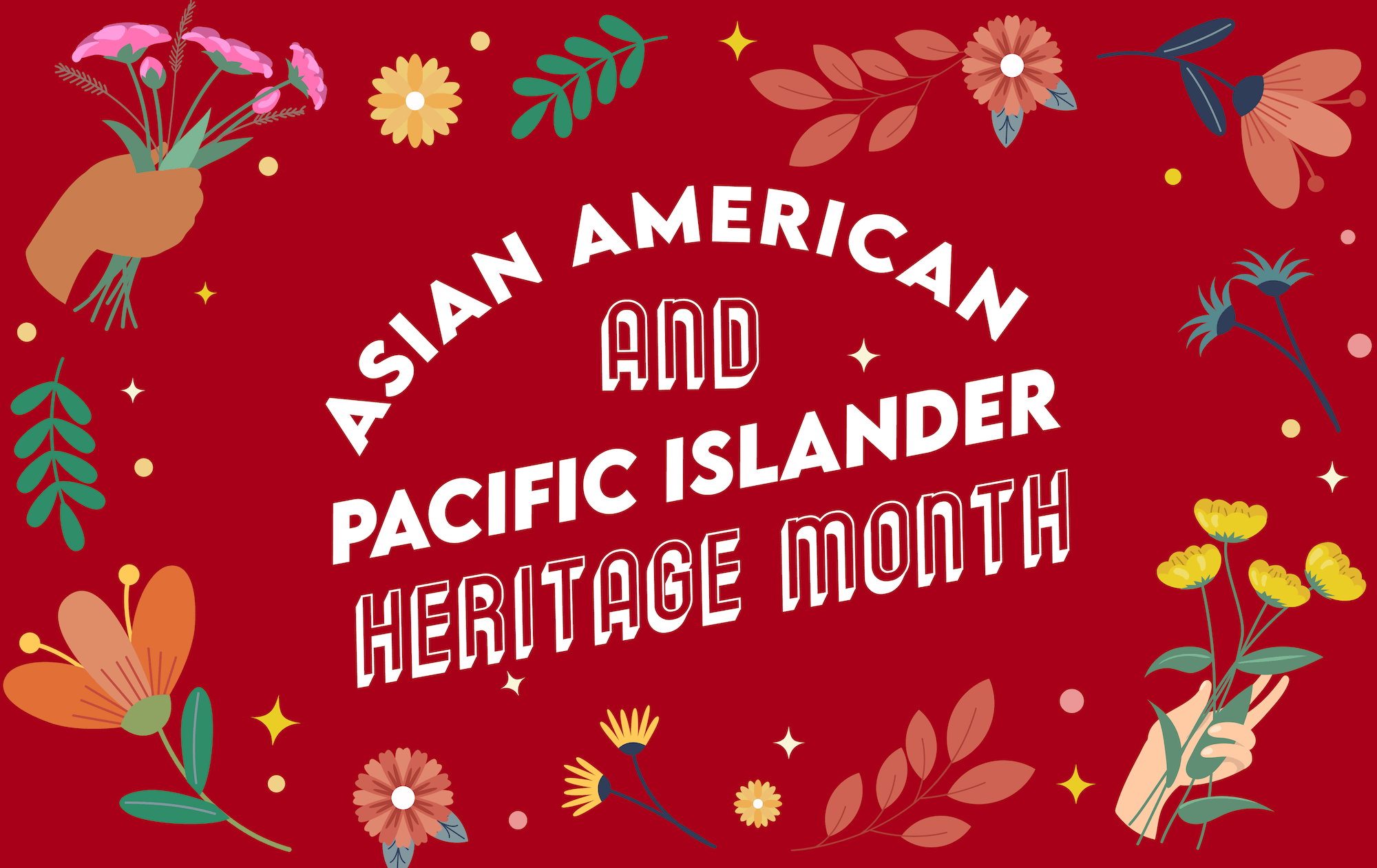In the vast tapestry of human experience, the threads of culture and tradition weave a narrative that transcends time and geography. The recognition of specific months to celebrate cultural heritage often serves as a reminder of the need to honor diversity; however, it should not be constrained to temporal limits. The Bahá’í teachings illuminate the path towards a year-round acknowledgment of Asian American and Pacific Islander (AAPI) heritage, guiding individuals towards an inclusive, harmonious society.
At the heart of Bahá’í principles lies the concept of unity. AAPI communities embody a rich confluence of languages, customs, and philosophies, which can appear multifarious yet, in essence, are interconnected. The Bahá’í perspective urges individuals to look beyond the superficial differences and celebrate the innate oneness of humanity. Embracing this principle invites a deeper understanding of how diverse cultural narratives can enrich the collective human experience.
Firstly, it is paramount to recognize the importance of education as a tool for fostering appreciation and respect for AAPI cultures. Knowledge is akin to a beacon that pierces the fog of misunderstanding and prejudice. Bahá’í teachings advocate for universal education, an inalienable right that empowers individuals to glean wisdom from histories and traditions that have shaped contemporary society. By engaging in dialogues that explore AAPI contributions to arts, sciences, and civic life, individuals create a fertile ground for empathy and admiration.
The second tenet to uphold is the celebration of cultural heritage as an ongoing process rather than a seasonal event. Just as nature undergoes perpetual cycles of growth and renewal, so too should cultural appreciation be an ongoing endeavor. It necessitates a commitment to incorporation within daily life—whether through culinary explorations, literary analysis of AAPI authors, or participation in traditional festivals that celebrate these communities. Such integration not only honors AAPI heritage but also cultivates a profound understanding of their narratives and struggles.
Moreover, building bridges of understanding is essential in a diverse society. The Bahá’í teachings emphasize the necessity of consultation—an enriching exchange where all voices are valued and considered. In the context of AAPI communities, facilitating conversations that include their historical context, experiences, and aspirations reinforces the tenet of community inclusion. One can invoke the metaphor of a grand orchestra: each instrument, distinct yet harmonious, contributes to an exquisite symphony. By fostering dialogues and collaborations among diverse communities, members are encouraged to share their stories, which can lead to collective healing and solidarity.
Furthermore, it is critical to acknowledge the role of art and expression in reflecting cultural identities. The Bahá’í teachings celebrate the transformative power of creativity, likening it to a river that flows ceaselessly, nourishing those who partake in its waters. Artistic expressions from AAPI artists—be it in music, visual arts, or literature—serve as poignant reminders of individual and collective identities. By supporting and promoting AAPI art, individuals not only honor their heritage but also contribute to the narrative of societal enrichment.
Additionally, interfaith dialogue is a vital component of honoring AAPI heritage within the context of Bahá’í teachings. The elucidation of shared spiritual principles encourages coexistence and mutual respect. As diverse faiths come together, they often unveil converging values that bind humanity—a tapestry interlaced with threads of compassion, integrity, and justice. Such interspiritual discussions can promote understanding of AAPI spiritual practices and philosophies, thus fostering a sense of belonging and appreciation.
Moreover, it is essential to address the socio-political challenges faced by AAPI communities. The Bahá’í teachings advocate for justice, a cornerstone that urges individuals to confront inequities head-on. This involves advocating for policies that dismantle systemic racism, class disparities, and other injustices faced by AAPI individuals. By engaging in activism that seeks to illuminate these challenges, individuals create a continuous dialogue surrounding AAPI experiences, which fosters awareness and cultivates lasting change.
In a world increasingly polarized, fostering a culture of coexistence through year-round engagement with AAPI heritage becomes not merely a rectification of historical oversight but an act of profound humanity. By leveraging the teachings of the Bahá’í Faith, individuals can forge connections that uplift and honor the multifaceted identities that contribute to the rich human tapestry.
Finally, the essence of honoring AAPI heritage is rooted in action—an active commitment to recognize, appreciate, and celebrate cultural diversity as an intrinsic facet of human existence. Just as the moon waxes and wanes, illuminating different aspects of the night sky, so too must the acknowledgment of AAPI heritage expand beyond the confines of a month, embracing the nuances present throughout the year. Unity in diversity, an elemental Bahá’í principle, reverberates through this commitment, echoing a collective aspiration for a harmonious, inclusive world.
In conclusion, the journey towards recognizing and celebrating AAPI heritage is an ongoing navigation through the seas of understanding, compassion, and justice. Embracing these Bahá’í teachings allows for a deeper connection to the diverse cultural landscapes that enrich our lives, transforming our societal fabric into a vibrant and resilient mosaic.
